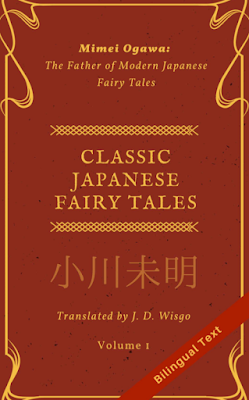"The Tao of Pooh" by Benjamin Hoff (published 1982)
Benjamin Hoff's "The Tao of Pooh" (1982) is a sweet book dedicated to explaining the concepts of Taoism, an ancient Chinese philosophy, to people who don't really get it. By using A.A. Milne's character Winnie-the-Pooh, Hoff elucidates the Tao (translated into English as "the Way") as a concept that encourages the act of non-doing, or doing nothing. Rather than this resulting in failure, Hoff explains - by way of Winnie-the-Pooh anecdotes - how this will result in wisdom, if one has courage enough to really listen to their own personal intuition. Pooh, by keeping his mind empty and on simple things, seems to accidentally come up with solutions to big problems, problems that his friends, such as Wise Owl and Sad Eeyore, can't seem to come up with. Rather than collecting endless amounts of knowledge, or rather than focusing on all the ways one can be clever, Taoism guides us to see and hear and feel what's right here with us, what's right in front of us, rather than following our urge to classify, systemize, and name. While I find Taoism as it is described in this book very encouraging and very helpful, my only criticism is, ironically, the book's criticism. In some parts Hoff expressed a dislike for abstract thinking and intellectualism that came off as naive and driven by frustration. If those excerpts were excluded, "The Tao of Pooh" would have been just as great and funny and illuminating. I understand Hoff's worry regarding the quest for knowledge and power that leaves the Earth running low on organic resources. Even so, his argument for Taoism is just a little flawed. Practicing the tao, from what I've learned from Hoff himself, would instead focus on elements of acceptance and surrender, rather than the struggle against. Wouldn't Pooh say so? Or something like that? But Piglet, I guess, would say something else altogether. And I believe there's a book about the Taoism and Piglet too... (see "The Te of Piglet" by Benjamin Hoff).




Comments
Post a Comment